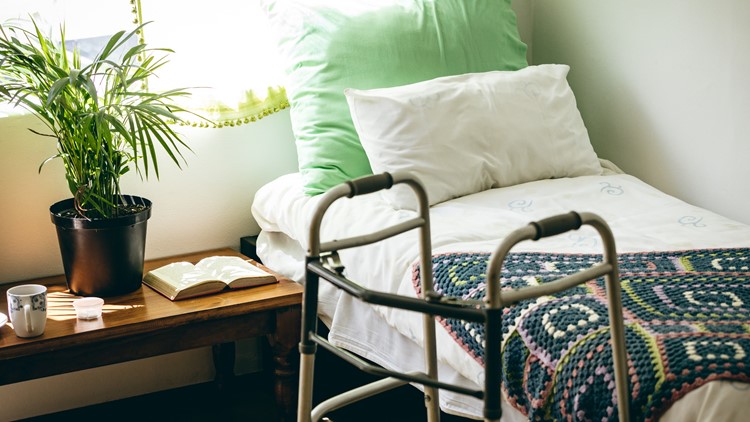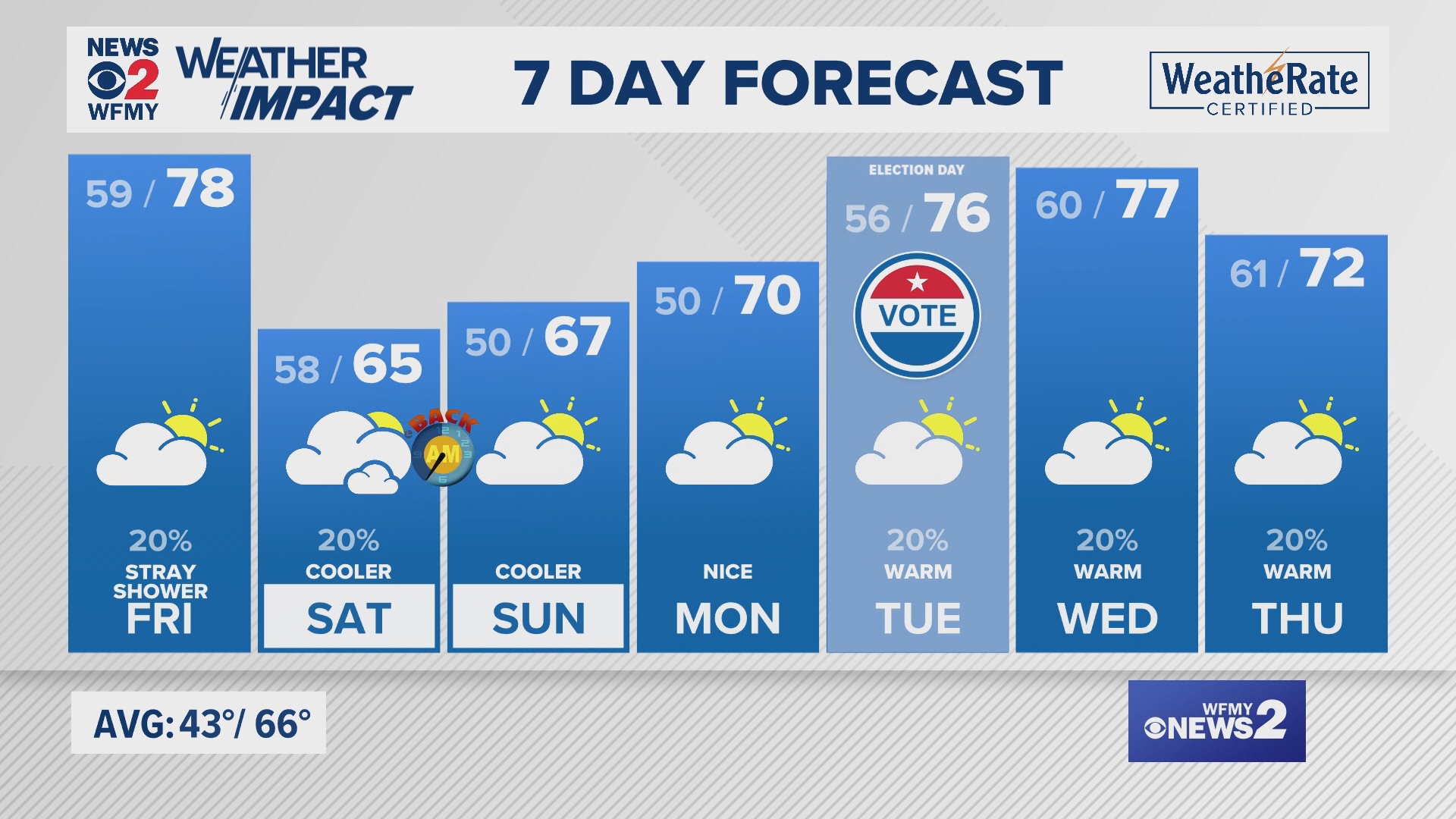WASHINGTON — Nursing homes and care facilities have experienced some of the highest levels of coronavirus outbreaks in the country. Now, the IRS is having to tell these facilities that they are not allowed to take away or impede residents from receiving the economic impact payments that the agency is sending out to them.
In an alert sent out Tuesday, the IRS says it has warned nursing homes and other care facilities that these stimulus checks being sent out to Americans "belong to the recipients, not the organizations providing the care."
In the statement, the agency says that even if the care facility receives the Economic Impact Payment or (EIPs) indirectly or directly, these payments are intended for the recipient.
The agency went on to say that stimulus checks are also not a factor in determining eligibility for Medicaid or other federal programs this year, or for a period of 12 months from the receipt of the EIPs.
When the COVID-19 outbreak struck, it was nursing homes across the country which found they had little to no stock of personal protective gear for their staff. Costs also began to rise. Gear such as face shields or masks that were highly needed to protect this incredibly vulnerable population were hard to find. Administrators in nursing homes and care facilities found that the gear also wasn’t required, the Associated Press reported. Reports also surfaced that hardly any skilled care facility had an infectious disease doctor with them on staff to ask for advice on the best practices to stop the virus, and its spread.
As the pandemic raged on, personal protective gear like masks saw price spikes as the general public also raced to stock up on supplies to protect themselves and their families.
IRS spokesperson Luis Garcia told the Detroit Free Press, “we want to ensure that the most vulnerable get their money as they are supposed to. It’s their money and only they should decide how to use it.”
Not only should the payments of up to $1,200 not count against determining if a person is eligible for Medicaid benefits, but elderly people should not feel they need to hand over their checks to nursing home care facilities if they have Medicaid paying for their care.



